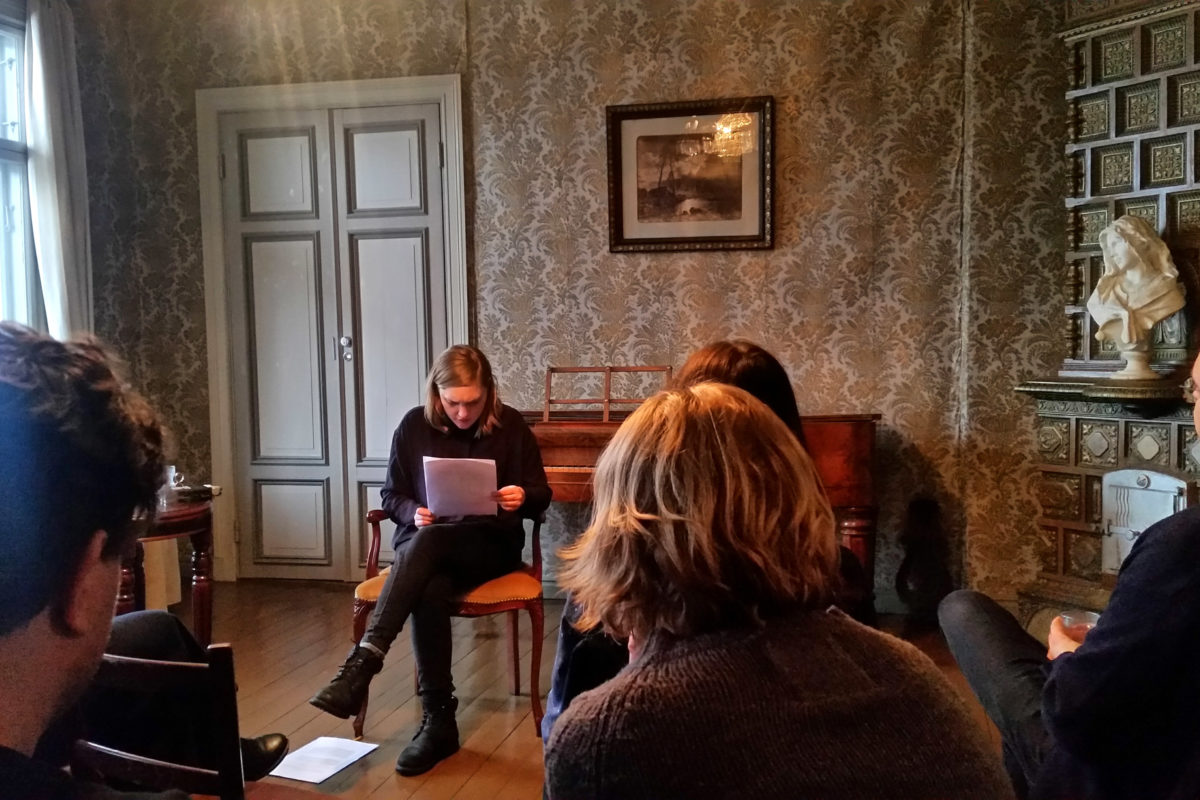27 Feb 2019
Events
Post-Fossil Transition Project: Learning Circle 2/2019
How can we overcome the individualistic approach to the climate change, and adopt a more systemic perspective to it?
How can we start treating climate change as a public issue, and strive toward a post-fossil fuel world?
In this learning circle organized by HIAP and Mustarinda the aim is to tackle these questions and gather to listen to a Cultures of Energy podcast episode with author Matthew T. Huber, following a discussion in English and light snack.
Location Villa Eläintarha, Eläintarhantie 14, Helsinki
Date Friday, March 8, 2019
Programme
14-15 Listening to the podcast
15-16 Discussion
16-17 Light snack is served and the discussion continues
If you have listened to the podcast already earlier, it’s possible to join directly to the discussion part which starts approximately at 15:00.
We invite the public to join HIAP and Mustarinda for this learning circle and discussion by registering to: eveliina@hiap.fi
Due to limited seating and food serving registration is mandatory (first come first serve).
The aim of the discussion is to further understand collective action and the systematical as well as economical questions behind climate change. The podcast episode focuses on what a truly socialist climate politics would look like and how it would be oriented to the problems of the new working class, what Matthew T. Huber terms “the 63%.” The episode also touches the subject of pernicious individualization of carbon footprints, and what should be grown and de-grown in a climate woke economy.
Cultures of Energy
The Cultures of Energy podcast, co-hosted by Dominic Boyer and Cymene Howe, invites scholars, artists, and activists to discuss pressing energy and environmental issues. The podcast strives to show how the insights of energy and environmental humanities can help to better understand and overcome the dilemmas we face.
Matthew T. Huber
Matthew T. Huber is the author of Lifeblood: Oil, Freedom, and the Forces of Capital (2013). Looking beyond the usual culprits, Lifeblood finds a deeper and more complex explanation in everyday practices of oil consumption in American culture. Huber uses oil to retell American political history from the triumph of New Deal liberalism to the rise of the New Right, from oil’s celebration as the lifeblood of postwar capitalism to increasing anxieties over oil addiction.
Post-Fossil Transition Project by HIAP and Mustarinda
The learning circle is part of the collaborative project of Mustarinda and HIAP functioning as a platform for mapping out interests and concerns together, forming alliances, creating a toolbox for a better future and finding ways to share the post-fossil practices and putting them into action on a daily basis. The project is funded by Kone Foundation.

